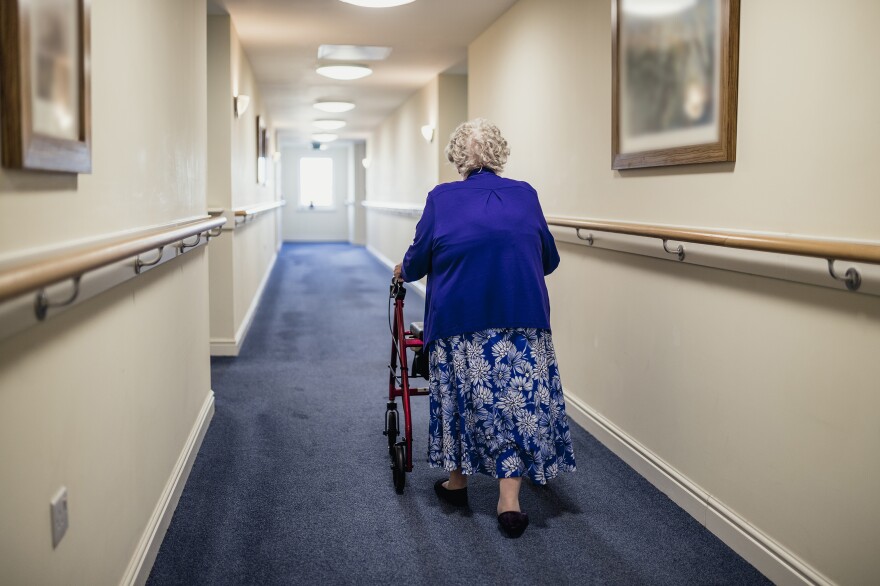Two national long-term care advocacy groups are warning against ending the federal COVID emergency declaration. The declaration ends on April 16 unless it is renewed.
The American Health Care Association and National Center for Assisted Living are calling for an extension.
John McDermott is the head of the Long Term Care Ombudsman program. While he expressed relief that mask use is higher in Hawaiʻi compared to other states, he is concerned about the new omicron BA.2 variant, saying, "Scientists are saying that it's much more transmissible. Now they're also saying that it doesn't cause more severe illness. But when you're living in a long-term care facility, you're already compromised. So you already are vulnerable."
"I think what a lot of facilities will do is say that in common areas, people should be wearing a mask. [Of] course when you're eating, you have to take off the mask, but then maybe you should be keeping your talking to a minimum so that they're not spreading any virus," he said.
"We're lucky most of our facilities do have outdoor areas so visits can be outside. So you know, people if you're outside and you want to hold your mom's hand, you can maybe overlook that social distancing," McDermott told HPR.
Currently, roughly 40% of Hawaiʻi’s COVID-19 cases are of the omicron BA.2 variant, according to the state Department of Healthʻs coronavirus variant report published on March 29.
Ending the federal emergency declaration means COVID tests and vaccines may no longer be free, and could also halt protections for people who fall behind on their rents or mortgages because of the pandemic.
Correction: A previous version of this story reported that 13% of COVID-19 cases were of the omicron BA.2 variant. It is 40% as of March 29, 2022.




